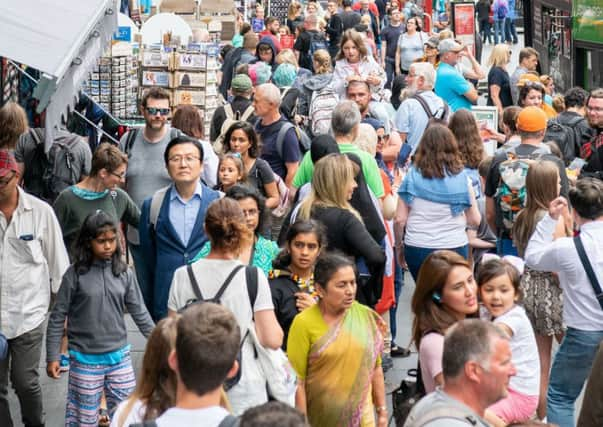Why Edinburgh council’s biased ‘consultations’ attract so few responses – Helen Martin


Conservation and heritage bodies want money spent on maintaining buildings, the tourist sector wants it spent on tourism needs, and the public wants it spent on necessary services which have declined.
Another Brexit parallel would be to suggest a People’s Vote, in this case about how to deal with tourism, how to impose charges, and what the taxes should pay for.
Advertisement
Hide AdAdvertisement
Hide AdThe council often refers to its “public consultation” process. Consultation rarely happens until the council has already decided what it wants to do and has spent money coming up with a proposal. That attracts very few responses because it’s an online exercise based on horribly written and biased documents looking for support.
Wouldn’t it be easier, better and more democratic to design a voting questionnaire with plenty of room for written responses, both online, and on paper shoved in the annual council tax mailing to reach as many as possible, before the council takes even step one.
Tourist tax? Yes or no. Tick boxes for hotels, Royal Mile, anything else, plus a box for different suggestions. A list of benefits to be numbered one to five, and another box for more suggestions.
Councillors are egotistical. They think they can make the best decisions – and maybe they could if they carried out a genuine consultation process and discovered what their electorate really wanted.
